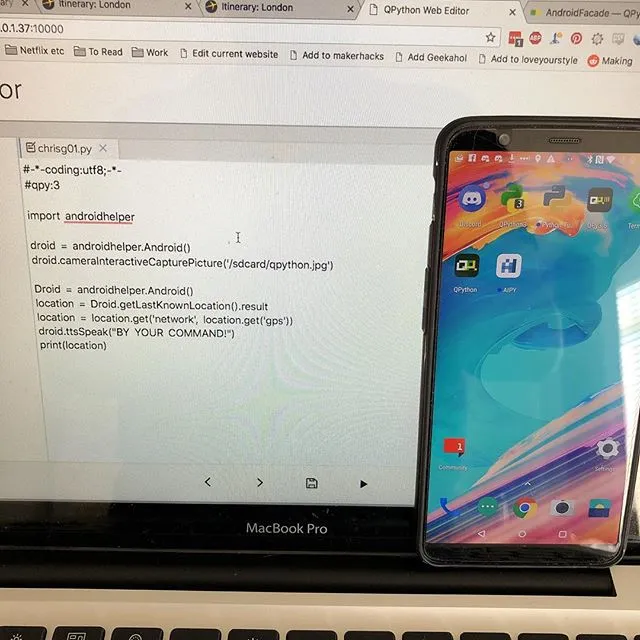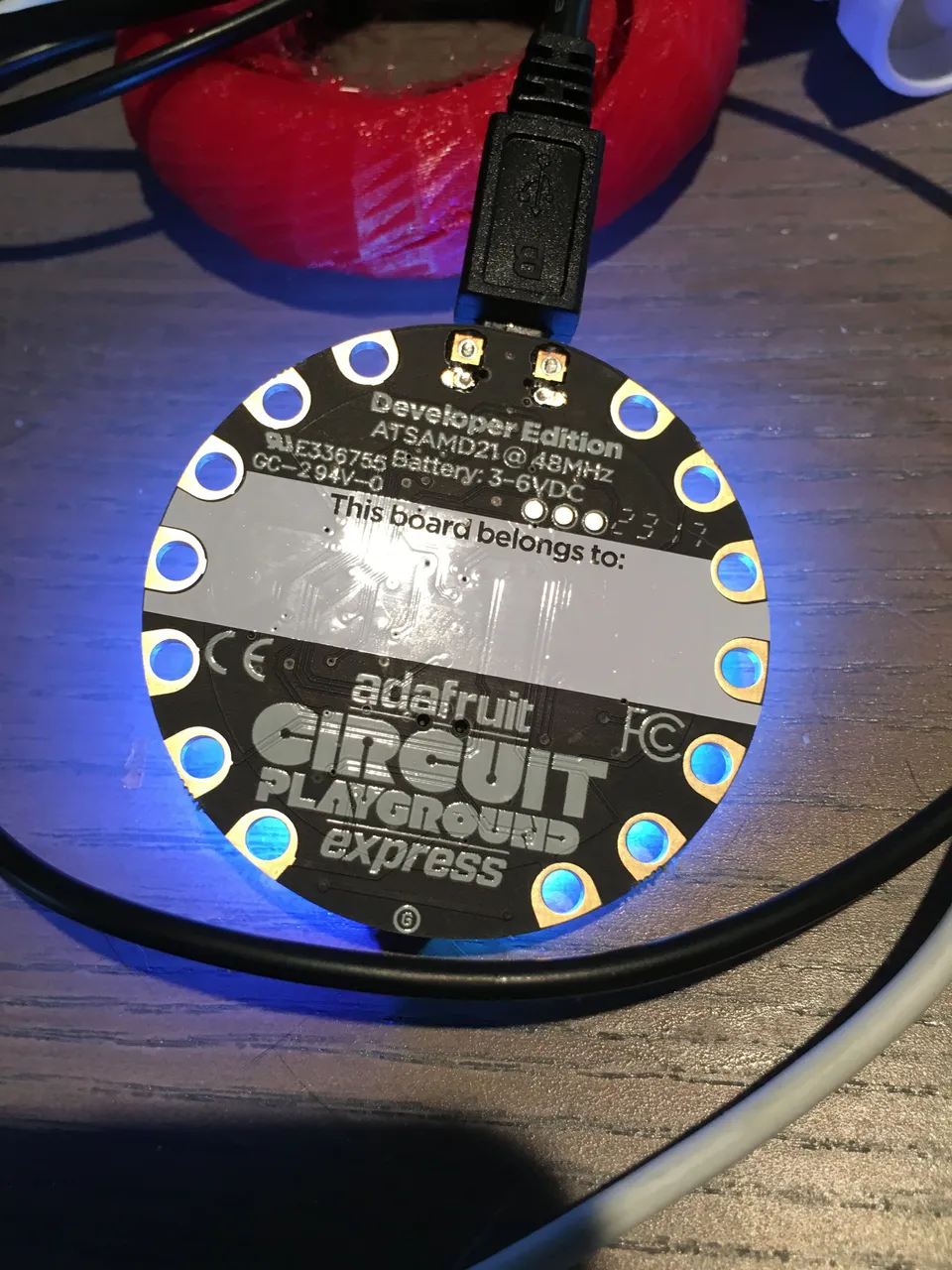
Over the years I have settled on a few programming languages, but none ever felt both "all-purpose" and comfortable, until now.
Yeah, some of the languages were multi-platform (ANSI C, for example), or had runtime/compilers available for the big-3. Microsoft .NET has made serious strides, PERL of course, PHP. Heck, I wrote in COBOL on at least 3 platforms.
Python, however, feels like a real Swiss Army Knife of languages.
Part of it is computing power is not as scarce as it once was. Back in the 8-bit and 16-bit days we HAD to code in assembler if we wanted to achieve our goals. Heck, my main C+assembler days were on the early PCs, right up to even the 486.
Now we don't even need compilers for most tasks, and that offers a lot of freedom for rapid development. We can still compile if we want to, or JIT, but don't have to.
Very Multi-Platform
My development needs have expanded far further than just writing reports, web apps, etc.
- Web development is still a thing, sure.
- CLI, of course.
- GUI, yeah.
But we could do those in PERL or PHP. How about ...

- Mobile apps.
- Microcontrollers.
- Bots, Robots, Chatbots.
- AI.
- APIs.
- IoT.
- Sysadmin/Devops/Message Queues.
Python is not the only language that can do all the things. I coded in Java for a while (applets and JSP). Didn't really ever enjoy it, though it helped in other ways.
Now, though, with Micropython, interpreters on Android (even package as true apps), and iOS, all the way through to award-winning video editing apps being developed on the language, it is time for me to go deep rather than wide.
The question with Python now goes from "can I?" to "How can I?"
